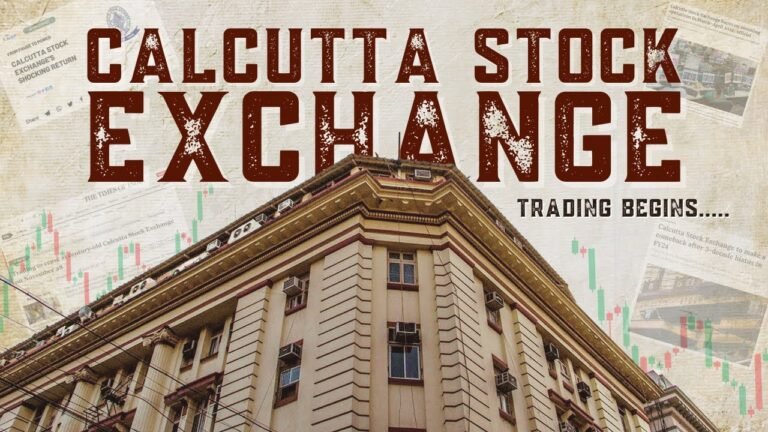
My interpretation of Amir Minai’s sher
By Justice Katju
Amir Minai was a well known 19th century Urdu poet
https://en.wikipedia.org/wiki/Amir_Meenai
There is a sher ( couplet ) by him which I quoted in a Supreme Court judgment, Ajitsingh Harnamsingh Gujral vs State of Maharashtra
:https://indiankanoon.org/doc/1844894/ :
” Qareeb hai yaaron roz-e-mahshar,
Chupega kushton ka khoon kyonkar,
Jo chup rahegi zubaan-e-khanjar,
Lahu pukaaregaa aasteen ka ”
What does the sher mean ?
Before explaining it I would like to mention that Urdu poets often do not say things in a direct way but in an indirect, round about way, by metaphors, hints, allusions and suggestions. Their poetry has often an outer literal, superficial meaning, and an inner, deeper, real meaning, which can be gathered only by using one’s head, and trying to figure out what the poet is trying to really convey.
This often makes their poetry difficult to understand, and susceptible to many meanings. In fact sometimes a reader can give it a meaning which even the poet could not have conceived of.
The literal meaning of the sher is :
” Friends, the Judgment Day is near
How can the murder of innocent people be concealed ?
If the tongue of the dagger is silent
The blood on the sleeve will cry out ( for justice ) ”.
But I have given a meaning to the sher which even Amir Minai could not have conceived of.
‘ Roz-e-mahshar ‘ means Judgment Day ( in which both Christians and Muslims believe ). On that day all dead people have to appear before God ( or Christ, in Christian belief ) and account for their deeds on earth, and receive reward or punishment, according to what they did.
‘ Qareeb ‘ means near, ‘ kushton ‘ means those who have been killed
So my interpretation of the sher is this :
” The day of reckoning is at hand in India , when those who oppressed the Indian people, committed atrocities on them, spread and incited hatred in society ( to secure their caste and communal vote banks ), and looted the wealth of India, will have to render accounts for their misdeeds, and receive appropriate punishment from the people ”.
These oppressors are mainly our politicians, about whom I have written the article below, who have no genuine love for the people, but only seek power and pelf, and polarise society by inciting and spreading caste and communal hatred, to get votes. :
https://www.youtube.com/watch?v=EizWY4UNi8o&pp=ygUZaGFuZyB0aGUgcG9saXRpY2lhbiBrYXRqdQ%3D%3D
The word ‘Roz-e-mehshar’ ( Judgment Day ) should be interpreted as the day when the coming Indian people’s struggle and Revolution is triumphant, and then the oppressors of the people will be judged by the people, and receive appropriate punishment.
https://indicanews.com/justice-markandey-katju-the-coming-great-revolution-in-india/
https://justicekatju.com/the-coming-great-revolution-in-india-675951a0ad4e
https://timesofindia.indiatimes.com/blogs/satyam-bruyat/a-french-revolution-is-approaching/
https://www.linkedin.com/pulse/india-heading-revolution-markandey-katju
https://indicanews.com/justice-markandey-katju-the-portents-of-a-coming-revolution/
Many people ask when will the Indian Revolution come, which will result in creating a political and social order in which all our people get a high standard of living and decent lives ? My answer is that this is impossible to predict. One cannot be rigid about historical forms. My own guess is that it may take 10-15 years or more.
In this connection I remember reading Charles Dickens’ novel ‘A Tale of Two Cities ‘ in which a conversation takes place between Defarge, a wine seller, who is also secretly a revolutionary, and member of a secret society working for destruction of the monarchy and feudal aristocracy, and his wife Madame Defarge.
The scene occurs at an early part of the novel. Defarge is despondent and dispirited because the great event, the Revolution, for which he has been working for years, may not come in his lifetime. To which Madame Defarge replies :
” What of that ? It will come. “
Defarge says ” But when will it come ? How much time does lightning take to strike the ground ? “
” How much time does it take to build that lightning ? ” replies Madame Defarge. ” An earthquake strikes suddenly, causing massive death and destruction. But how much time does it take to build that earthquake ?
You may not see the end. But you have contributed to it. Let that be your consolation, and be satisfied by it. “







